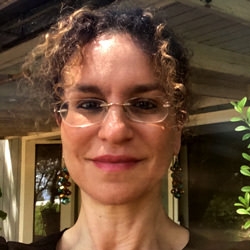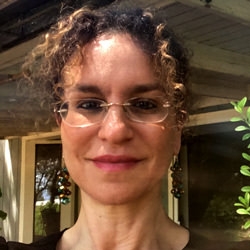

NVC Resources on Families
-
Trainer Tip: Mary expands on one of the basic principles of Nonviolent Communication: valuing everyone’s needs equally.
-
Using his own life experience, Eric explores why we need support from others, what support might look like, and what blocks us from asking for support for our relationships.
-
Trainer Tip: When we love a child there's a contribution we can provide in helping them go their own way successfully, in big ways and small.
-
By guessing our child's feelings and needs we open the door to understanding what's behind their behavior, and can better suggest solutions that meet both their and our own needs. In this way we build trust and their desire to seek us out in times of need. Expressing our own feelings and needs also allows us to help them understand the value in fulfilling tasks or requests.
-
Discussion into the difficult topic of parenting, childhood trauma, and social status.
-
How the "story" we tell ourselves impacts our childhood and the roles we play.
-
When empathy falls short, uncover strategies and heal patterns through unconscious contract work.
-
Conflict occurs when disagreements undermine the sense of trust and safety in family, workplace, or community. Shantigarbha shares nine tips for addressing, and even transforming conflict.
-
During the holiday season we may find ourselves taking responsibility for other's feelings, which can lead to guilt, shame, depression, and resentment. These feelings are exacerbated by the habitual pattern we call the "Vortex of Submission" (being hooked by a sense of duty and obligation). Read on for ways to recognize and break the pattern.
-
The pandemic asks us to examine the way we have always done things. It asks to try something new and notice what happens. This is an opportunity to ask why you have done holidays in a certain way and what needs it met to do it that way. Perhaps it is an opportunity to experiment and see what new things might arise. Read on for questions to ask yourself that might help you process your triggers, "should's", feelings, needs and dilemmas.
Quick Links

Stay in Touch!
We value your privacy, won't share your email address and you can easily unsubscribe any time.










